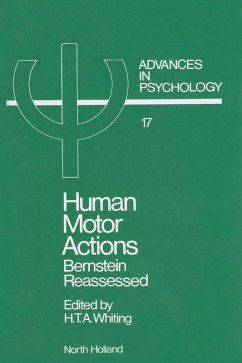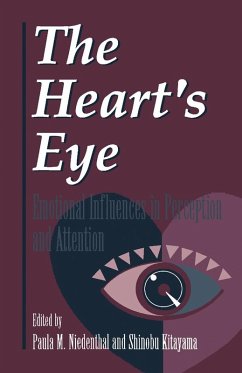
Applications of Fuzzy Set Theory in Human Factors (eBook, PDF)

PAYBACK Punkte
24 °P sammeln!
The development of the theory of fuzzy sets was motivated largely by the need for a computational framework for dealing with systems in which human judgement, behavior and emotions play a dominant role. Although there are very few papers on fuzzy sets in the literature of psychology and cognitive science, the theory of fuzzy sets provides a much better model for human cognition than traditional approaches.By focusing on the application of fuzzy sets in human factors, this book provides a valuable, authoritative overview of what the theory is about and how it can be applied. An impressive featu...
The development of the theory of fuzzy sets was motivated largely by the need for a computational framework for dealing with systems in which human judgement, behavior and emotions play a dominant role. Although there are very few papers on fuzzy sets in the literature of psychology and cognitive science, the theory of fuzzy sets provides a much better model for human cognition than traditional approaches.By focusing on the application of fuzzy sets in human factors, this book provides a valuable, authoritative overview of what the theory is about and how it can be applied. An impressive feature is the broad spectrum of applications, ranging from the use of fuzzy methods in the ergonomic diagnostics of industrial production systems to approximate reasoning in risk analysis and the modeling of human-computer interactions in information retrieval tasks. Equally impressive is the very wide variety of disciplines and countries represented by the contributors.
Dieser Download kann aus rechtlichen Gründen nur mit Rechnungsadresse in A, B, BG, CY, CZ, D, DK, EW, E, FIN, F, GR, HR, H, IRL, I, LT, L, LR, M, NL, PL, P, R, S, SLO, SK ausgeliefert werden.













